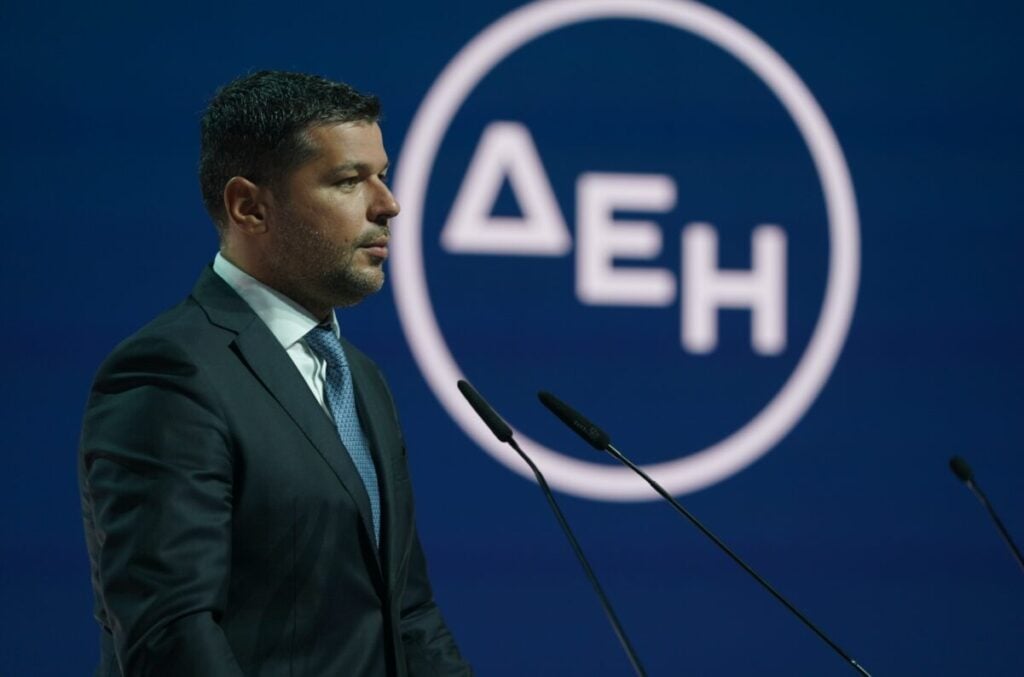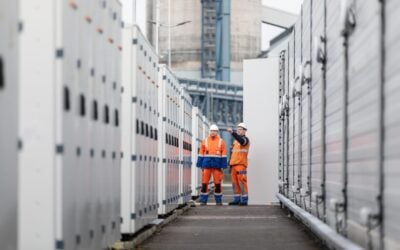
Utility Public Power Corporation (PPC) has launched construction on two BESS projects in Northern Greece totalling 98MW/196MWh of capacity.
The Melitis 1 battery energy storage system (BESS) in Meltis will total 48MW/96MWh while the Ptolemaida 4 BESS in the former lignite mines of Ptolemaida will total 50MW/100MWh. Meltis 1 will be in the vicinity of solar PV plants belonging to a separate unnamed company.
Both projects will be completed in 2025 and will utilise lithium iron phosphate (LFP) battery technology.
The two projects were part of a total of 12 totalling c.400MW that won long-term capex support in the first round of a scheme aimed to kickstart the grid-scale storage market in Greece, run in 2023. The projects won around €48,000/MW (US$54,000/MW) per year.
Try Premium for just $1
- Full premium access for the first month at only $1
- Converts to an annual rate after 30 days unless cancelled
- Cancel anytime during the trial period
Premium Benefits
- Expert industry analysis and interviews
- Digital access to PV Tech Power journal
- Exclusive event discounts
Or get the full Premium subscription right away
Or continue reading this article for free
The size of PPC’s winning projects meant that in practice the company could not bid into the second auction, as explained by research and consultancy firm LCP Delta in a guest blog.
That second auction saw 300MW awarded in early 2024 while the third auction scheduled for late 2024 was cancelled due to confusion over limits on how much power capacity could be bid in per participant.
Melitis 1 and Ptolemaida 4 are part of a 600MW pipeline that PPC has planned for Greece and Southeast Europe over 2025-2027, as is a 25MW/55MWh BESS the company started building in neighbouring Bulgaria two months ago. The project in Stara Zagora will be co-located with a 165MW solar PV plant.
PPC is also active in renewables development via PPC Renewables, with its activity there covered by our colleagues at PV Tech.
Commenting on the start of construction on the two Greek BESS projects, deputy CEO of PPC Konstantinos Mavros said: “The investments in storage systems will ensure the optimal use of energy generation from renewable energy sources (RES) and, additionally the stability of the electricity grid in our country, as well as throughout the European continent.”





